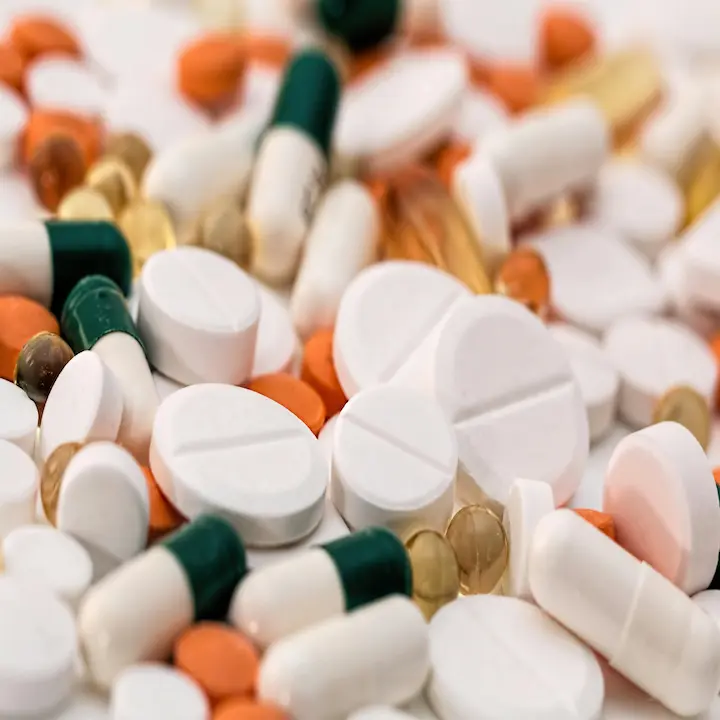Wellhealthorganic.com:How-to-Build-Muscle-Know-Tips-to-Increase-Muscles: Building and Maintaining Muscle

Wellhealthorganic.com:how-to-build-muscle-know-tips-to-increase-muscles is a website that provides tips to increase and maintain the body and muscles. Building muscle is a goal for many people, either for improving strength, enhancing appearance, or boosting overall health. It might seem tough, but with the right plan, anyone can do it. Just be passionate and consistent, and you’ll see the results in no time.
What is Wellhealthorganic.com:how-to-build-muscle-know-tips-to-increase-muscles
Wellhealthorganic.com:how-to-build-muscle-know-tips-to-increase-muscles is an online source that provides actual information about getting and maintaining the muscles. Muscle building, or hypertrophy, occurs when muscle fibers are damaged through exercise and then repaired by the body, becoming larger and stronger. This process requires a combination of proper exercise, nutrition, and rest.
7 Tips to Increase Body Muscles
- Do resistance exercises, like lifting weights.
- Eat enough protein every day.
- Consume slightly more calories than you burn.
- Allow your muscles to rest and recover.
- Stay hydrated by drinking plenty of water.
- Aim for 7-9 hours of sleep each night.
- Stay consistent with your workouts and diet.
Building and Maintaining Muscles

Your muscles are always breaking down and building up protein. If your body breaks down more protein than it builds up, you’ll lose muscle. If it breaks down and builds up the same amount, your muscle size stays the same. But if your body builds up more protein than it breaks down, your muscles grow.
To make your muscles bigger, you need to increase the rate at which your body builds up protein while slowing down how much it breaks down. This whole process is called muscle growth, and it’s the main goal of resistance training.
Muscle growth is influenced by things like hormones, especially testosterone and growth hormone, as well as the nutrients your body gets from food.
To build new muscle, you must do resistance training (like lifting weights) and ensure you’re eating enough protein and other nutrients.
Researchers have found that doing resistance training with moderate to heavy weights and eating plenty of protein is the best way to increase muscle size.
How to Increase Muscles?
- Choose Your Reps: Decide how many times you’ll repeat an exercise. Doing fewer reps with heavy weights builds strength, while more reps with lighter weights build muscle endurance. Somewhere in the middle (around 6-12 reps) is good for muscle growth.
- Pick the Right Weight: Make sure the weight you use is heavy enough that you struggle to do your chosen number of reps. By the end of your set, you should feel like you can’t do another rep easily.
- Select Your Exercises Wisely: To grow specific muscles, do exercises that target them. For example, bicep curls work your biceps, while squats work multiple muscles. Including both types of exercises in your routine is best.
- Structure Your Workout: Aim for 3 sets of 3-5 compound exercises (like squats or bench presses) followed by 3 sets of 1-2 isolation exercises (like bicep curls or tricep extensions) per workout. Limit your total exercises to 5-7 per session to avoid overtraining.
What should I eat to gain muscle faster?
Bulking vs. Cutting: People who want to gain muscle often go through cycles of bulking and cutting. Bulking means eating more calories to support muscle growth while cutting involves reducing calories to lose fat while preserving muscle.
Calories Needed: Target a calorie surplus of 300-500 calories per day above your baseline needs. Use an online calculator to estimate your total daily energy expenditure (TDEE), then add 300 calories to establish your daily calorie goal.
Protein Intake: Protein is crucial for building muscle. Aim for around 0.72 grams per pound (1.6 grams per kg) of body weight per day. Get protein from a variety of sources like meat, fish, eggs, dairy, and plant-based sources like beans and tofu.
Carbs and Fat: You also need carbohydrates and fats for energy and hormone function. Aim for 0.22-0.68 grams of fat per pound (0.5-1.5 grams per kg) of body weight per day. Fill the rest of your calories with carbohydrates from sources like grains, fruits, and vegetables.
Calculating Macros: To calculate your daily intake, multiply your protein goal by 4 (since protein has 4 calories per gram) and your fat goal by 9 (since fat has 9 calories per gram). Then, subtract these totals from your daily calorie goal and divide the remaining calories by 4 to get your carbohydrate intake.
FAQs
How do I effectively build muscle?
You can gain muscles with strength training, adequate protein intake, a slight calorie surplus, rest, and consistency.
What’s the best diet for gaining and keeping muscle?
A balanced diet rich in protein, healthy fats, complex carbs, and veggies, supports muscle growth and maintenance.
How often should I work out to maintain muscle?
2-3 strength sessions weekly, focusing on compound exercises, with ample rest for recovery.
Also Read: Wellhealthorganic.com:Easily-Remove-Dark-Spots-Lemon-Juice
Also Read: Wellhealthorganic.com: Eat Your Peels: Unlocking the Nutritional Benefits




